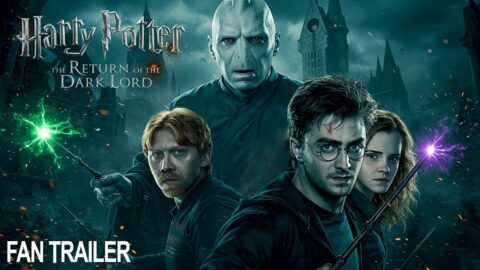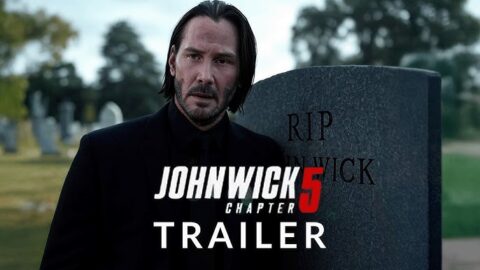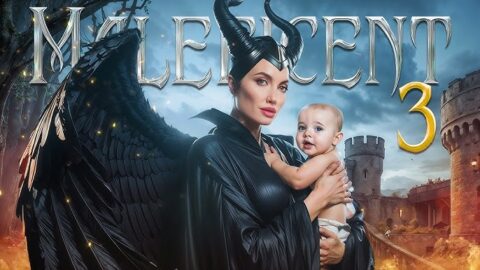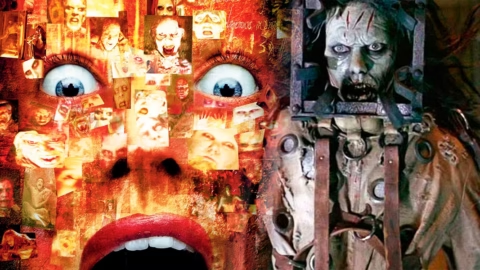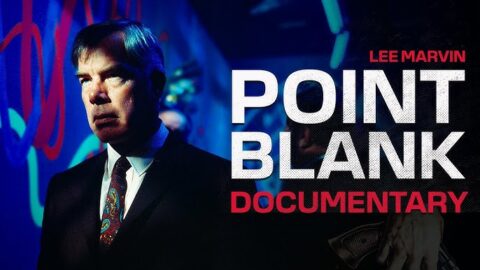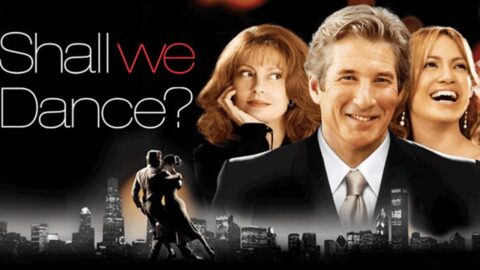Directed by Clint Eastwood
Clint Eastwood’s Mystic River is a brooding, emotionally charged crime drama that examines the scars of childhood trauma and the fragility of male friendship under the weight of grief, suspicion, and retribution. Based on Dennis Lehane’s novel, the film is set in a working-class Boston neighborhood, where three childhood friends—Jimmy (Sean Penn), Dave (Tim Robbins), and Sean (Kevin Bacon)—are brought back together by a terrible tragedy decades after their lives were first shattered by violence.
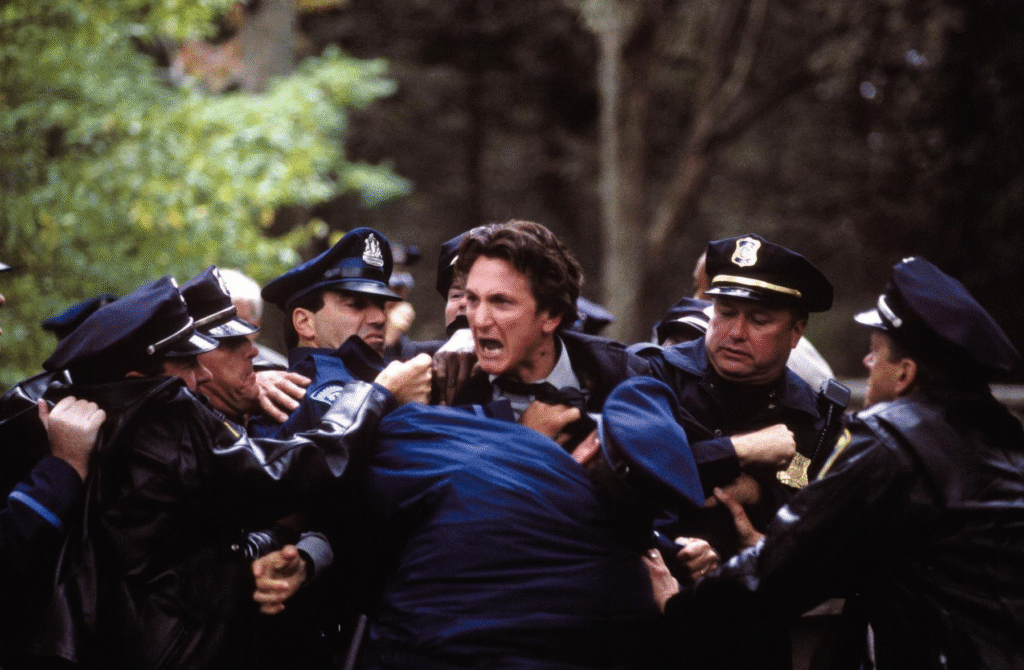
The film opens with a chilling prologue: young Dave is abducted and abused by strangers, an event that leaves a permanent mark on his psyche. Years later, the mysterious murder of Jimmy’s teenage daughter reignites the past, and as the investigation unfolds, suspicion falls on the now-reclusive and disturbed Dave. Sean, now a homicide detective, is tasked with solving the case, placing him in the middle of his former friends’ unraveling lives.
Sean Penn delivers a searing, Oscar-winning performance as the anguished father consumed by rage and heartbreak. His portrayal of Jimmy is terrifying in its rawness, capturing a man grappling with the unbearable weight of loss and driven to the edge by grief. Equally powerful is Tim Robbins, whose haunting, withdrawn portrayal of Dave—a man visibly damaged by past trauma—earned him an Academy Award as well. Kevin Bacon’s more reserved performance grounds the narrative, offering a quiet counterbalance as the investigator trying to hold the pieces together.

Eastwood’s direction is lean and unflinching, letting the performances carry much of the film’s weight while using moody, muted tones and shadows to reflect the moral ambiguity at the heart of the story. The evocative score, also composed by Eastwood, underscores the film’s deep melancholy.
Mystic River is not a conventional whodunit—it’s a tragic exploration of how pain lingers, how justice can be misguided, and how easily bonds can fracture under pressure. Its heartbreaking final scenes ask hard questions about guilt, fate, and whether anyone truly escapes the past.
Dark, layered, and profoundly affecting, Mystic River is one of Eastwood’s finest achievements—a modern American tragedy that stays with you long after the credits roll.

